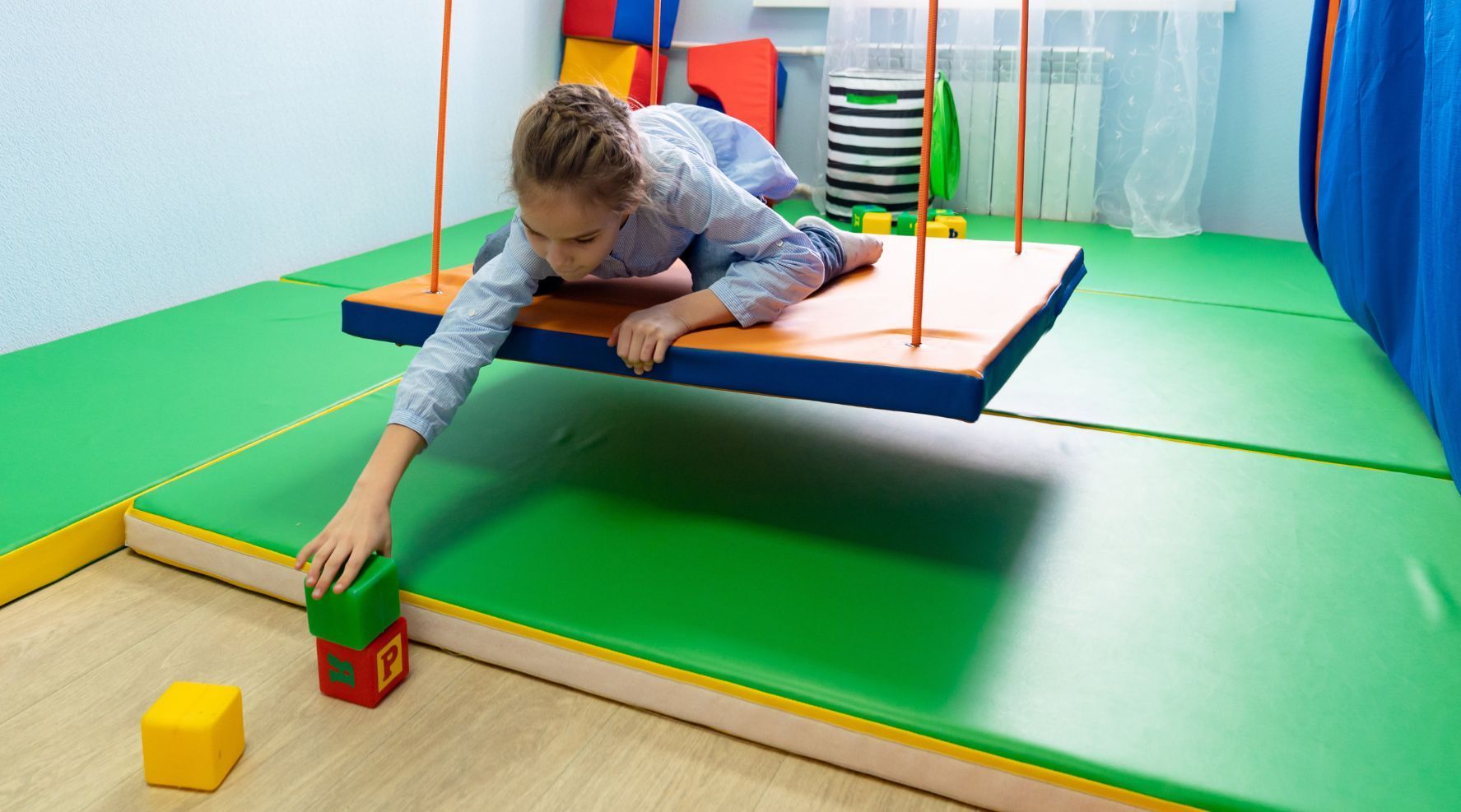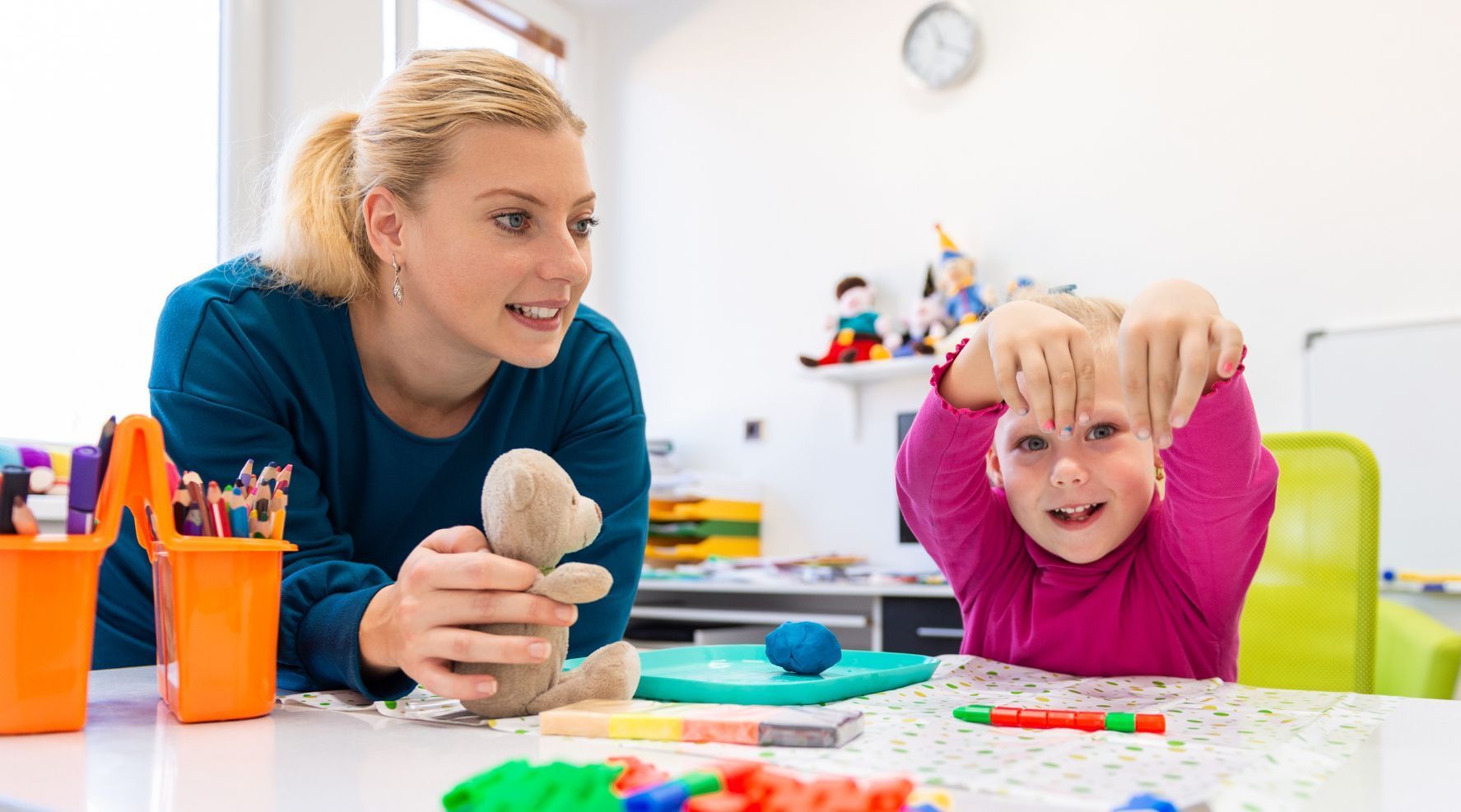How Socialization Can Help Children With Autism
As much as they may not want to think about it, the ultimate job for parents is to enable their children to survive without them. That task can be particularly daunting for parents of autistic kids. Learn how socialization can help children with autism.
What Is Socialization?
In a nutshell, socialization is the process of learning how to behave within socially acceptable boundaries. It encompasses everything from table manners to lowering your voice in the library to waiting patiently for your turn at bat.
Socialization also encompasses the ability to make and maintain friendships, resolve conflict, make compromises, and share. All of these aspects of growing and learning can be challenges for autistic children.
Why Socialization Is Tough for Kids With Autism
Broadly speaking, learning social skills is a challenge for kids on the autism spectrum for two primary reasons: sensory overload or communication issues.
Autistic kids may find social situations involving several people overwhelming. They can react with extreme anxiety, tantrums, or total withdrawal. Many autistic kids don’t appear to be interested in social contact at all. It’s important to understand that such reactions are natural defenses to overwhelming inputs that are just too much to handle.
A child may be okay interacting with just one other person, but add several members of a boisterous family or classroom, and an autistic child may scream, cover their ears, bolt out of the room or house, or find a corner to sit in in order to cope.
When the problem isn’t social interest, but communication, autistic children can become frustrated and hurt. They want very badly to be part of the group but may not understand social norms like reciprocity in a conversation or the rules of a game. Their need for more time to process language and formulate phrases to communicate and participate may exceed their peers’ patience, causing them to be left out of social activities.
What Parents and Teachers Can Do
Facilitate! Set up support opportunities with just one peer at a time. Identify peers and classmates who are more understanding and display the patience and compassion required to interact with an autistic person. Then, set up play dates in low-key situations where there isn’t pressure to perform, as in a school spelling bee, or compete, as in a team sport.
Many communities have sensory playgrounds where children with differences feel more welcome, and neurotypical kids simply recognize as fun to visit. Schedule an unstructured play date at the playground and let the kids interact, or not, normally. After a while, you may see more reciprocity, more interactive play instead of “parallel play,” and greater tolerance for additional kids joining the fun.
Make sure that working on social skills is part of the autistic child’s individualized education program (IEP). Provide opportunities to practice social skills during the week, such as visits to the grocery store, your house of worship, or community events.
Above all, give it time. Parents can model socialization that can help children with autism by demonstrating the patience and understanding their child needs from others, just as their child learns socialization skills from their peers.





